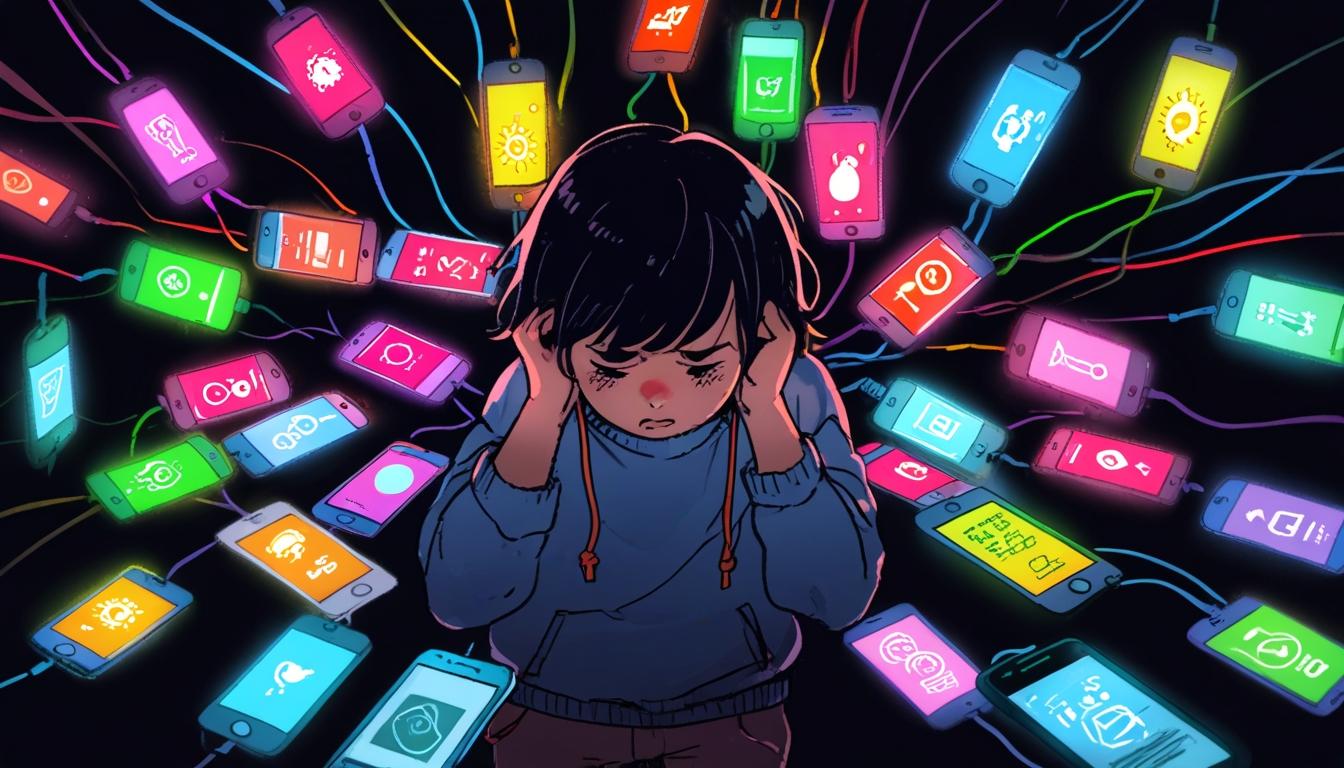In a recent debate in the House of Lords, Baroness Hilary Cass has underscored urgent concerns regarding the rising mental health issues among young people attributed to the pervasive influence of digital technology. Speaking during the second reading of the Children’s Wellbeing and Schools Bill, Lady Cass emphasised that the lack of safeguards surrounding smart devices risks leaving a generation of children vulnerable to deteriorating mental health.
Baroness Cass, a leading paediatrician and independent crossbencher, articulated that the effects of digital technology are significant, impacting various aspects of children’s lives including their sleep patterns, attention spans, and educational performance. “This is not just a moral problem but an economic timebomb,” she remarked, highlighting the potential long-term consequences for young people's ability to contribute to society.
In her address, Lady Cass argued for the necessity of training teachers specifically on the impact of these technologies, as well as providing parents with guidance on managing children’s access to screens. Her previous work included leading a comprehensive review into gender services for minors, which revealed critical gaps in research regarding the use of puberty blockers and hormones, further informing her current stance on safeguarding measures in education.
The discussion also pointed out that risks associated with digital technology extend beyond overt threats such as cyberbullying and online exploitation. Instead, Lady Cass noted that there are “multiple other risks” including detrimental effects on learning, mental health, and general wellbeing attributable to addictive applications, which she singled out as particularly problematic for boys.
She argued that the scope of digital education in schools remains limited, despite subjects like Relationships and Sex Education (RSE) being mandatory. "There’s no requirement to teach young people how to manage the digital technology that occupies so many hours of their lives,” Lady Cass stated. Additionally, she called attention to the lack of safe recreational alternatives that could redirect children away from prolonged screen time.
“This is not just an issue of whether we ban smartphones in schools; there’s a wide array of possible actions that can be part of a strategic, multi-faceted approach to the problem,” Lady Cass asserted, urging for governmental consideration of various amendments to the Bill to address these gaps.
As the debate continues, the implications of digital technology on youth mental health remain a significant topic of discussion, with advocates like Lady Cass warning that without proactive measures, the ramifications could be profound, potentially leading to a diminished workforce capability in future generations.
Source: Noah Wire Services
